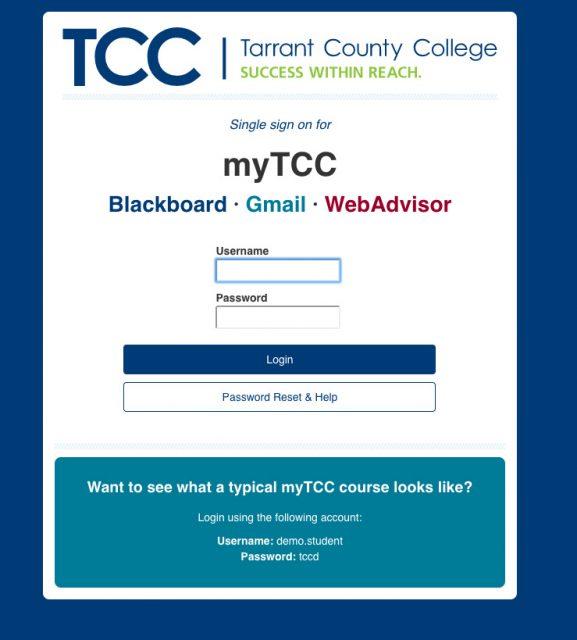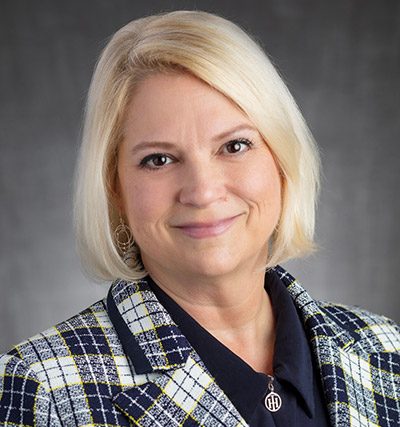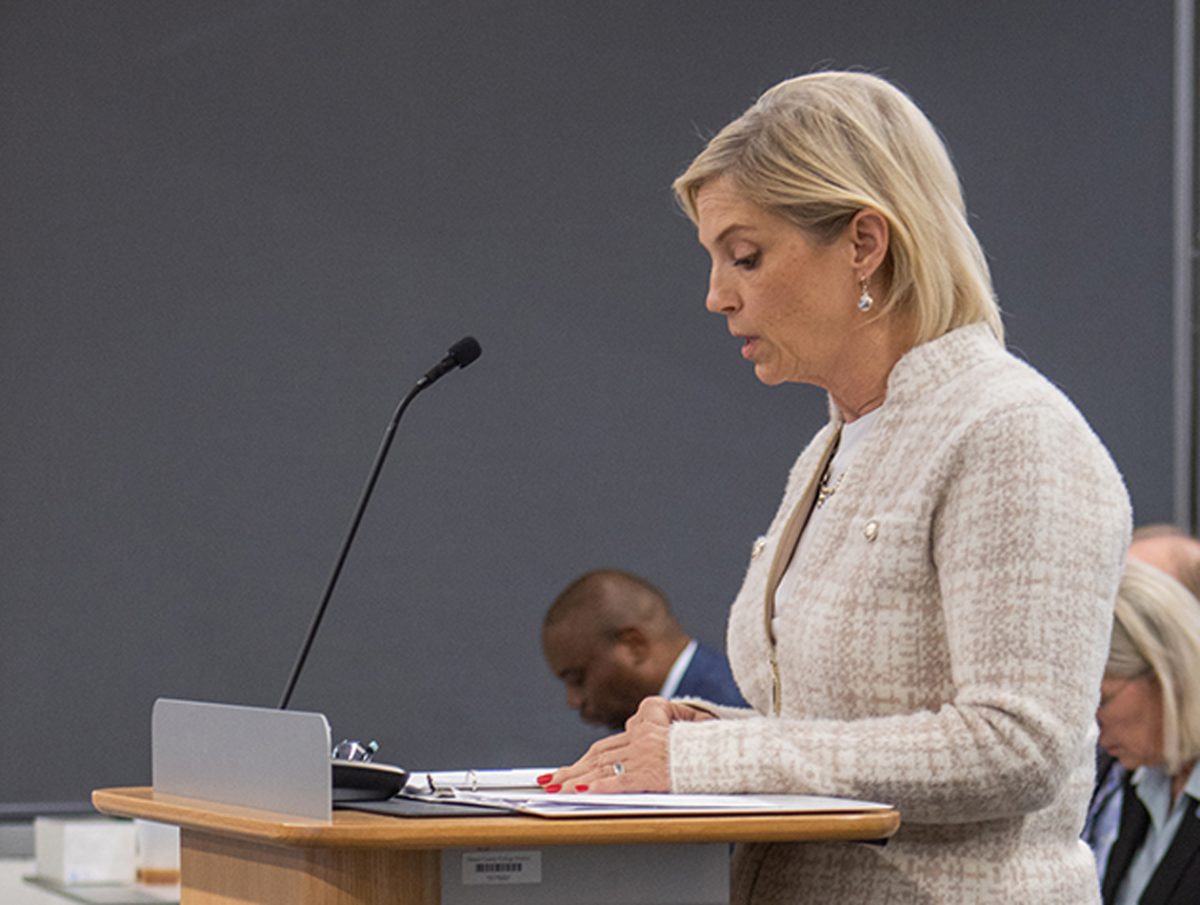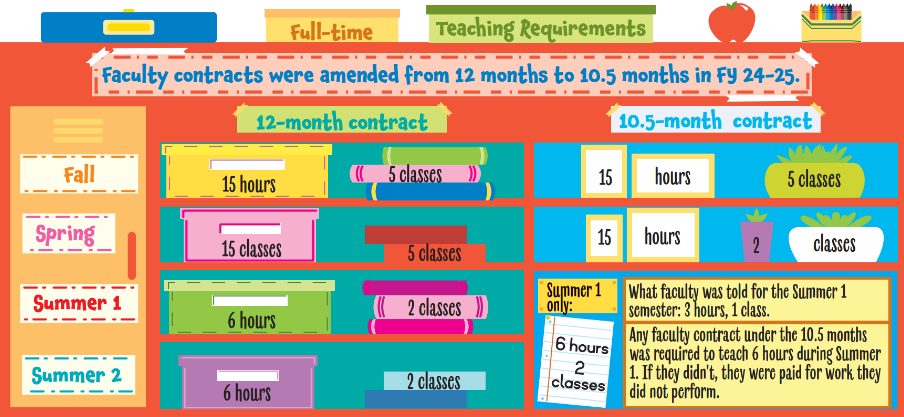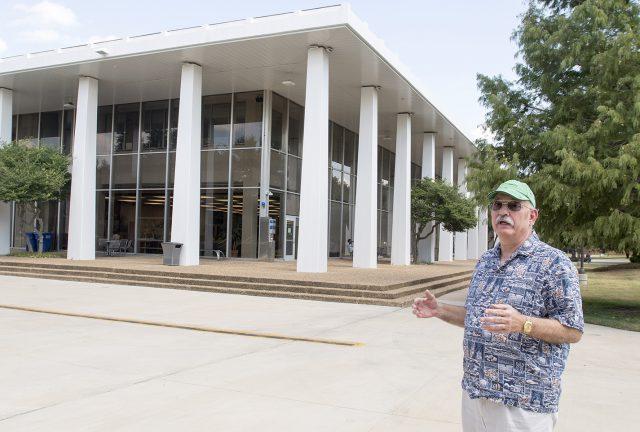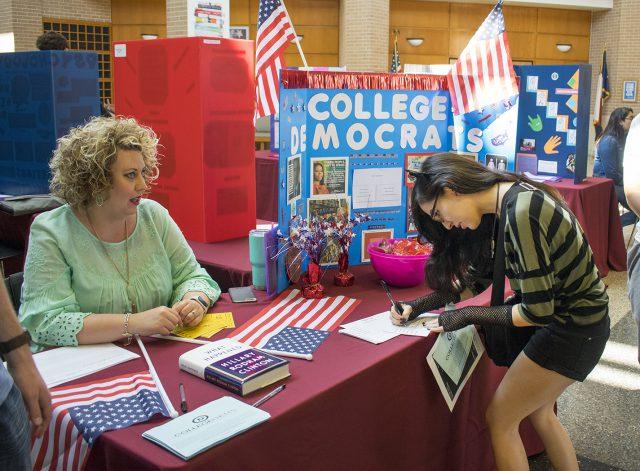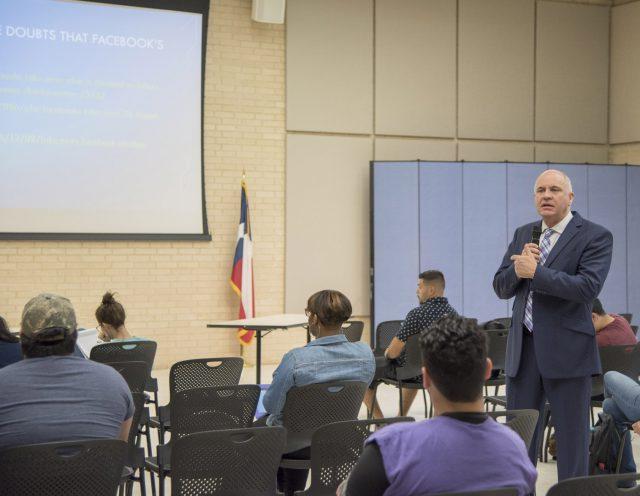By Kathryn Kelman/editor-in-chief
TCC’s board of trustees approved a contract to simplify login services at the Sept. 21 meeting.
“This is for the effort put toward a single sign-on project,” information technology vice chancellor Guhan Raghu said. “Single sign-on is to avoid numerous password resets, numerous logins for students to have as well as faculty and staff.”
Issues with logging in account for about 60 percent of the service calls to their desk, Raghu said.
“At around $11 to $12 per call, that’s about a $39,000 monthly impact that we could have with this project,” he said.
The college currently has two different systems that provide user login authentication to the system and network, according to a board memo. The use of two solutions is complex and requires users to remember multiple login credentials and reuse them frequently.
The two systems TCC currently uses are Microsoft and Oracle.
“The result of this project decreases the complexity with accessing technology resources for students, faculty and staff,” Raghu said in a memorandum.
Operations associate vice chancellor Richard Sullivan said this new effort supports the college’s goal of becoming a student-ready college in a number of different ways.
“It takes two authentication pathways and converts them down to one, making it easier for students, faculty and staff to use the technology on the campuses,” Sullivan said.
Ultimately, the goal is to have single sign-on capabilities across the district on all platforms, he said.
They are hoping to get started on the project at the beginning of October, Sullivan said.
The background work should take about 12 weeks to complete, but WebAdvisor and Blackboard will not be shut down for the project during that time, Sullivan said.
“What we have to do is set all this up in a test environment and make sure it works before we ever cut over,” he said. “Twelve weeks is the projected time to get all of the test environment set up.”
The board approved the purchase of services to consolidate authentication solutions from Insight Public Sector for $289,974.
“I’m looking forward to it as I’m sure everyone in this room is and our students,” Raghu said.
Prior to the board addressing the consent agenda, a public comment from South academic advisor and LASSO advisor Jonathan Perez urged the chancellor and the board to use their influence to call on Congress to protect DREAMer students and pass bipartisan legislation on DACA.
“I’ve heard numerous times from employees on there being little to no support for DREAMers on their respective campuses,” Perez said.
The programs offered at TCC for DREAMers have been led by outside organizations mainly using TCC facilities, Perez said.
“In fact, there have been times that employees have tried to host or develop programming for DREAMers and requested data, not private information but data only,” he said, “and the response was, ‘We want to remind you that TCC does not want to be viewed by the community as a sanctuary campus.’”
A 2015 report from the Texas Tribune and the Texas Higher Education Coordinating Board said TCC had the third-highest enrollment of undocumented students in the state of Texas who pay in-state tuition.
According to Perez, TCC employees have attempted to host events through TCC, and they received either pushback or no support.
“How can we meet the community where they are at, be a student-ready college and function as one college to provide a consistent and successful student experience if we cannot even have a discussion on this topic to move forward?” Perez said.
Policy does not allow the board to respond to public speakers, board president Louise Appleman said.
























